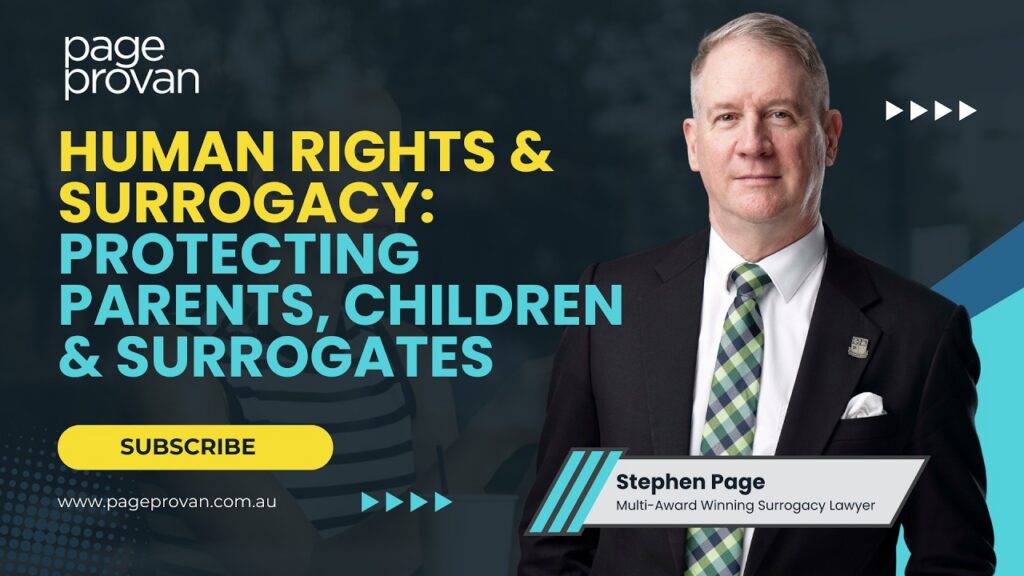Separation – This Can Go a Number of Ways
If you haven’t already done so, the first decision you need to make is whether you want to separate. Separation is not only life-changing and emotionally taxing — it is also stressful, difficult, time-consuming and can be very expensive. In my experience, where one party has decided to separate, the couple will rarely reconcile. The person who decides to separate has usually thought long and hard about it and decided the relationship has no future.
If you have decided to separate, it is important to get your “ducks in a row”. In other words, plan the separation. It is a good idea to get legal advice before you separate so you are aware of your what you are in for including your rights, obligations and responsibilities. For example, usually, the most important decision is the arrangements for the children. If you decide you want the children living with you, it’s usually necessary to work out a way of taking the children from the home with you to live or removing your former partner from the home so the children can live with you.
Once you decide to separate, if you have children, you need to try to agree on living arrangements for them. This is usually done through negotiation with your former partner offered with the assistance of a family dispute resolution practitioner (in other words, a mediator). But if you can’t reach an agreement then you may need to make an application to the court. If there has been domestic violence, you should think about whether you want to make an application for a domestic violence order.
Whether or not there are children, there will usually need to be a formal property settlement to divide up the assets and superannuation the two of you own. Here there are several options. You should obtain legal advice about your options and your entitlement. The usual first step is to try to negotiate an agreement with your former partner, with or without the aid of a lawyer. Many couples can reach an agreement between themselves but are a good idea to know in advance what is a fair deal and what you need to know to protect yourself.
If you can’t reach an agreement with your former partner at this stage you should consult a lawyer if you haven’t already done so. The lawyer usually will try to negotiate an agreement on your behalf and in doing so protect your interests. That would usually involve your lawyer communicating with the lawyer for your former partner, exchanging relevant documents and possibly getting property valued.
If an agreement can’t be reached that way there are a few options:
- Propose to your former partner or their lawyer the two of you to take part in a mediation. The mediator is usually an experienced family lawyer or a retired judge who is well placed to guide you to try to reach an agreement;
- Propose to your former partner the two of you take part in a collaborative process. In collaborative law, each party works with a collaboratively trained lawyer to cooperatively resolve their legal, financial and emotional issues after separation without going to court;
- Make an application to the court. If the matter is urgent or your former partner does not want to negotiate reasonably or is delaying, not being honest about their financial circumstances or were not producing relevant documents, the court may be your best option. However, of all the matters that start in court only about 5% will proceed to a final hearing. In the other 95% of cases, an agreement will be negotiated;
- Propose to your former partner the two of you take part in Arbitration. An arbitrator is a qualified independent person who is experienced in family law. After hearing the matter the arbitrator will make an award that can be registered in the court and has the same effect as a court order.
Just how long, how expensive, bitter and complicated the matter gets depends on the attitude of each party but also the quality of the legal advice they receive and the attitude of their lawyers to resolving the matter. In most cases, if both parties get good legal advice and they genuinely want to resolve the matter, then an agreement will be negotiated.
NB: Please note that the contents of this article do not constitute legal advice. It contains information only of a general nature that may not apply to your circumstances. If you wish to obtain legal advice about your separation, please contact us to organise a consultation.












